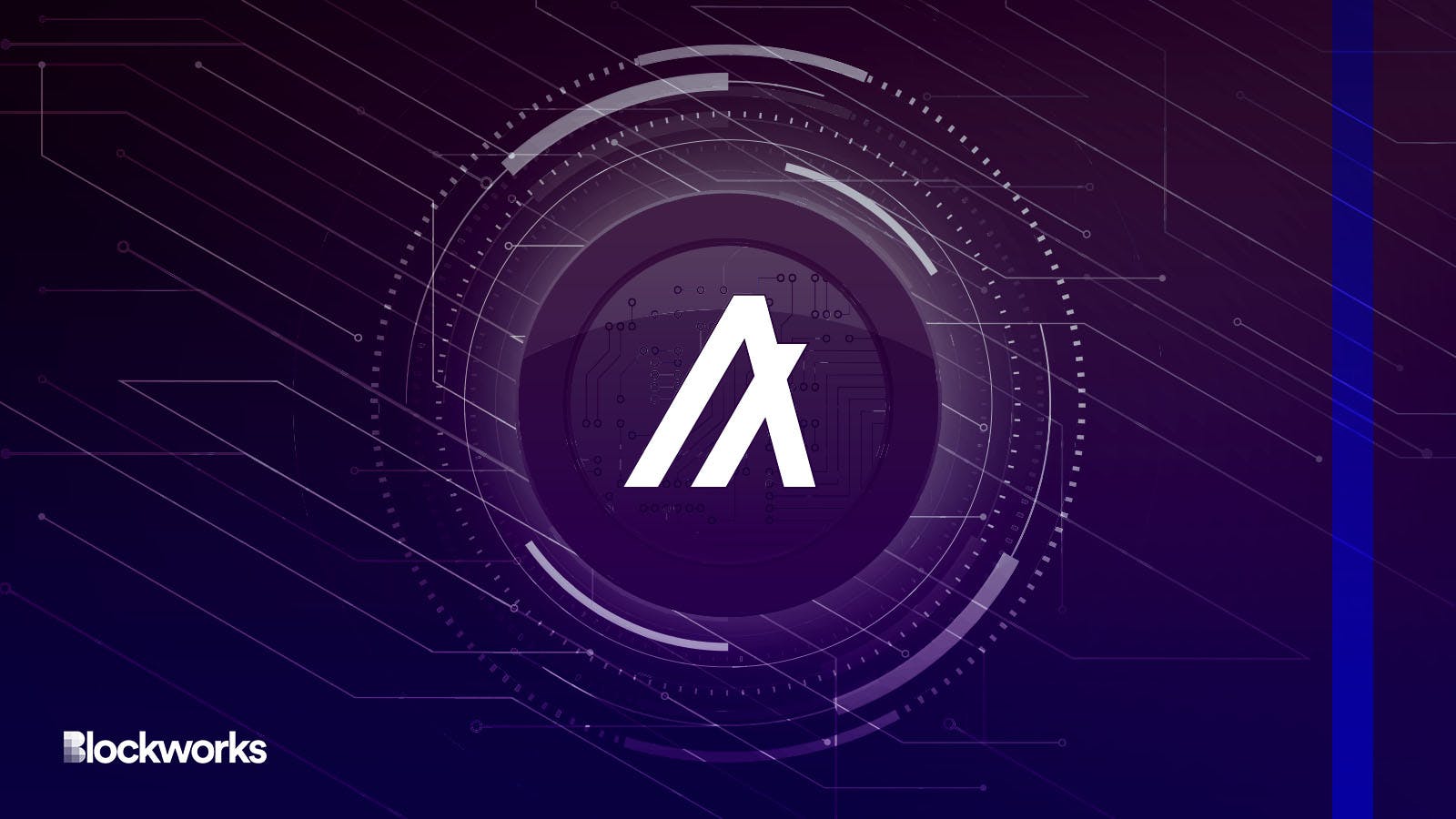Closure of largest DeFi destination underscores Algorand’s struggles
The AlgoFi team didn’t specify the challenges that prompted its closure, but said a combination of factors rendered it unfeasible to continue operating

WindAwake/Shutterstock, modified by Blockworks
AlgoFi, a blockchain-based crypto lending platform built on Algorand, announced its upcoming closure due to the platform’s unfeasibility.
The protocol, which allowed users to purchase cryptocurrencies and earn interest, will soon transition into a withdrawal-only mode.
In a blog on Tuesday, the AlgoFi team explained that a combination of events led to the decision that maintaining and developing the platform is no longer a viable path for the company.
Total value locked (TVL) for AlgoFi has cratered by -57% over the past 24 hours and is down -88% over a week span, data shows. Algorand’s total DeFi TVL, now stands at just under $40 million, down from a February 2023 peak of about $207 million.
AlgoFi emphasized their belief in Algorand’s technology and consensus algorithm remains steadfast.
Although AlgoFi did not explicitly attribute its closure to specific factors, the ALGO token has been targeted under recent US regulatory action.
In April, the U.S. Securities and Exchange Commission (SEC) filed a lawsuit against Bittrex for allegedly operating an unregistered exchange. Within the filing, the exchange identified six crypto tokens, including ALGO, as securities.
The SEC stated in its complaint that ALGO was sold as an investment contract, from the time of its offering, making it a security.
Following this development, eToro, a brokerage firm, removed ALGO trading from its platform for US customers, citing a rapidly changing regulatory landscape.
As of July 12, Algorand’s market capitalization stands at $837 million, a decline from around $1.6 billion during the time of the Bittrex lawsuit, according to CoinGecko data.
Algorand Foundation, the entity behind the Algorand blockchain project, assured the community that the ecosystem remains intact and continues to innovate.
It recommended users seeking alternatives to AlgoFi to explore decentralized exchanges such as Tinyman or Pact, as well as protocols like Folks Finance.
Get the news in your inbox. Explore Blockworks newsletters:
- The Breakdown: Decoding crypto and the markets. Daily.
- 0xResearch: Alpha in your inbox. Think like an analyst.






